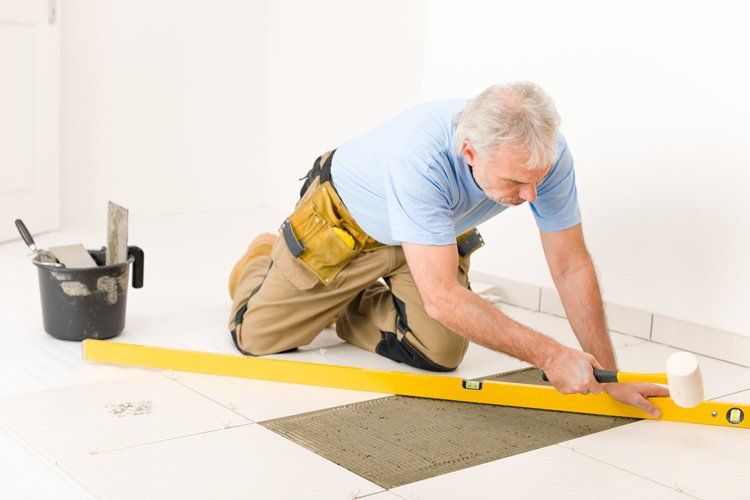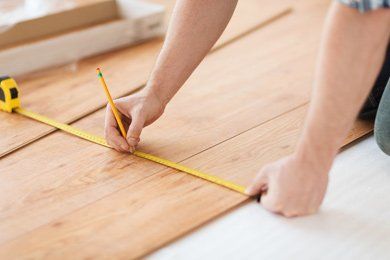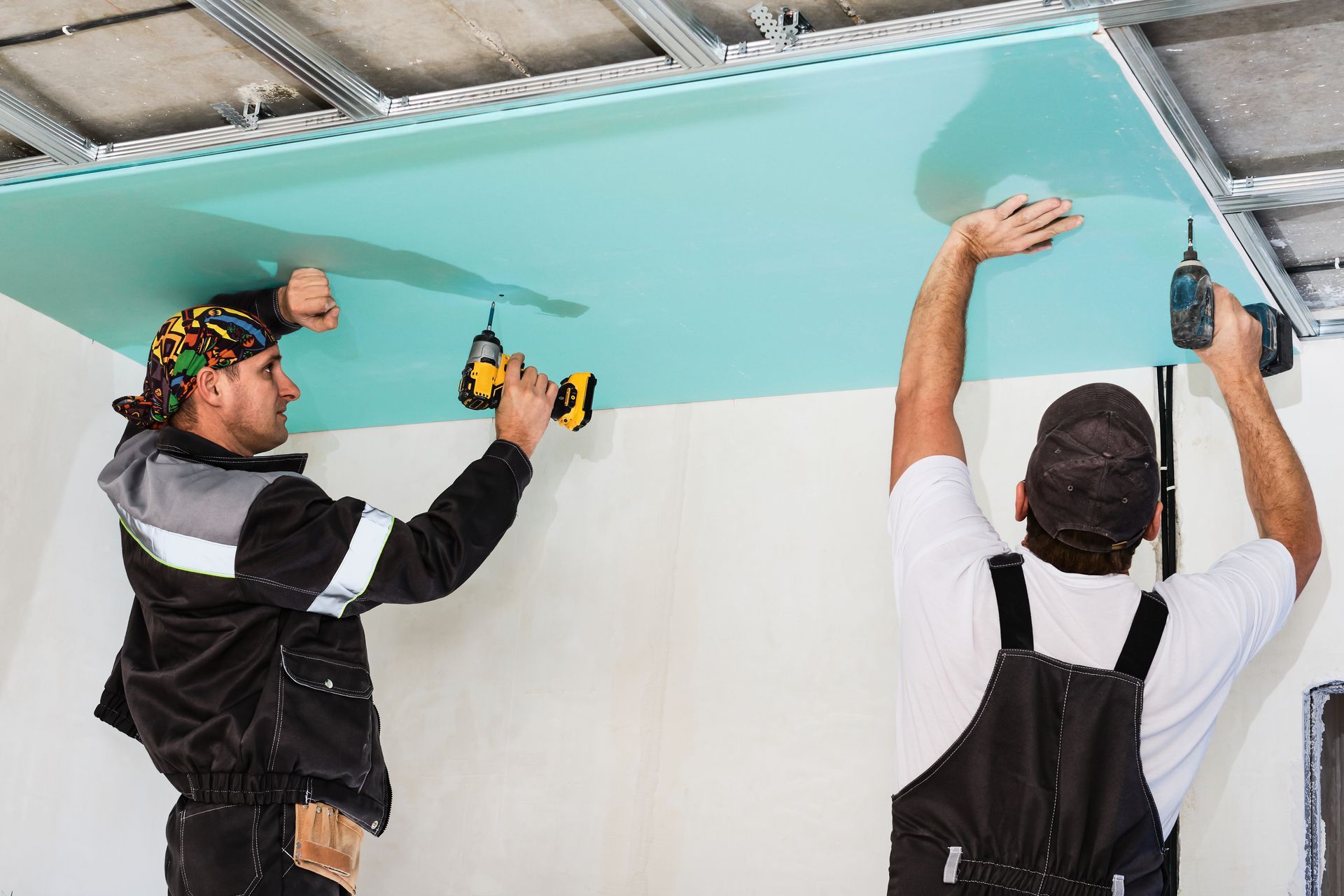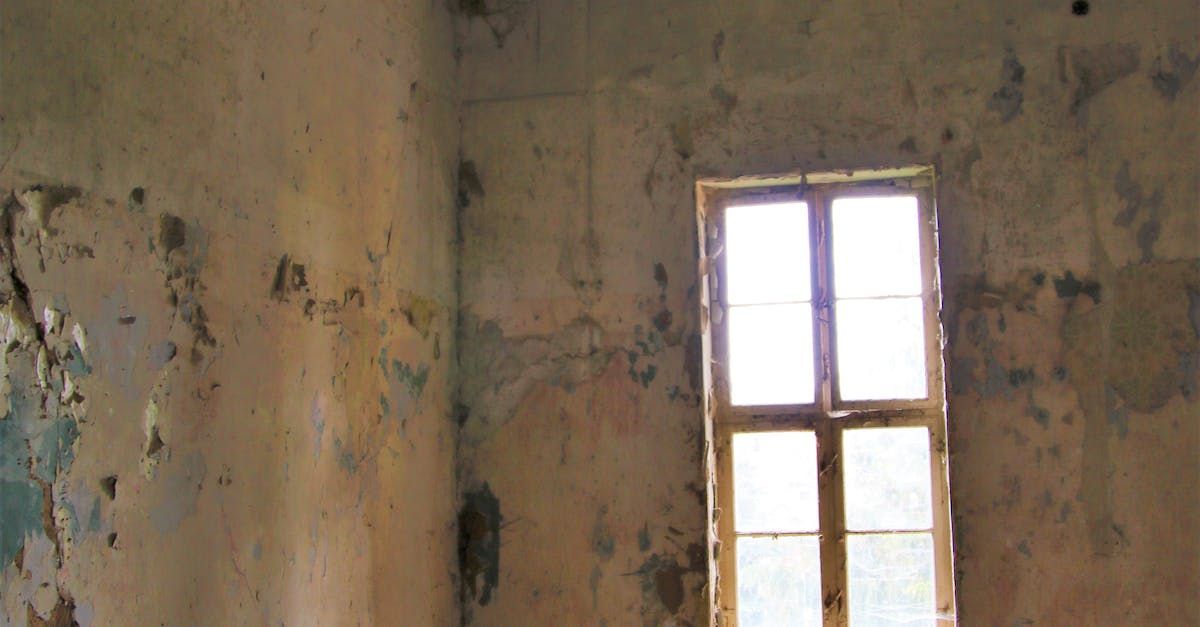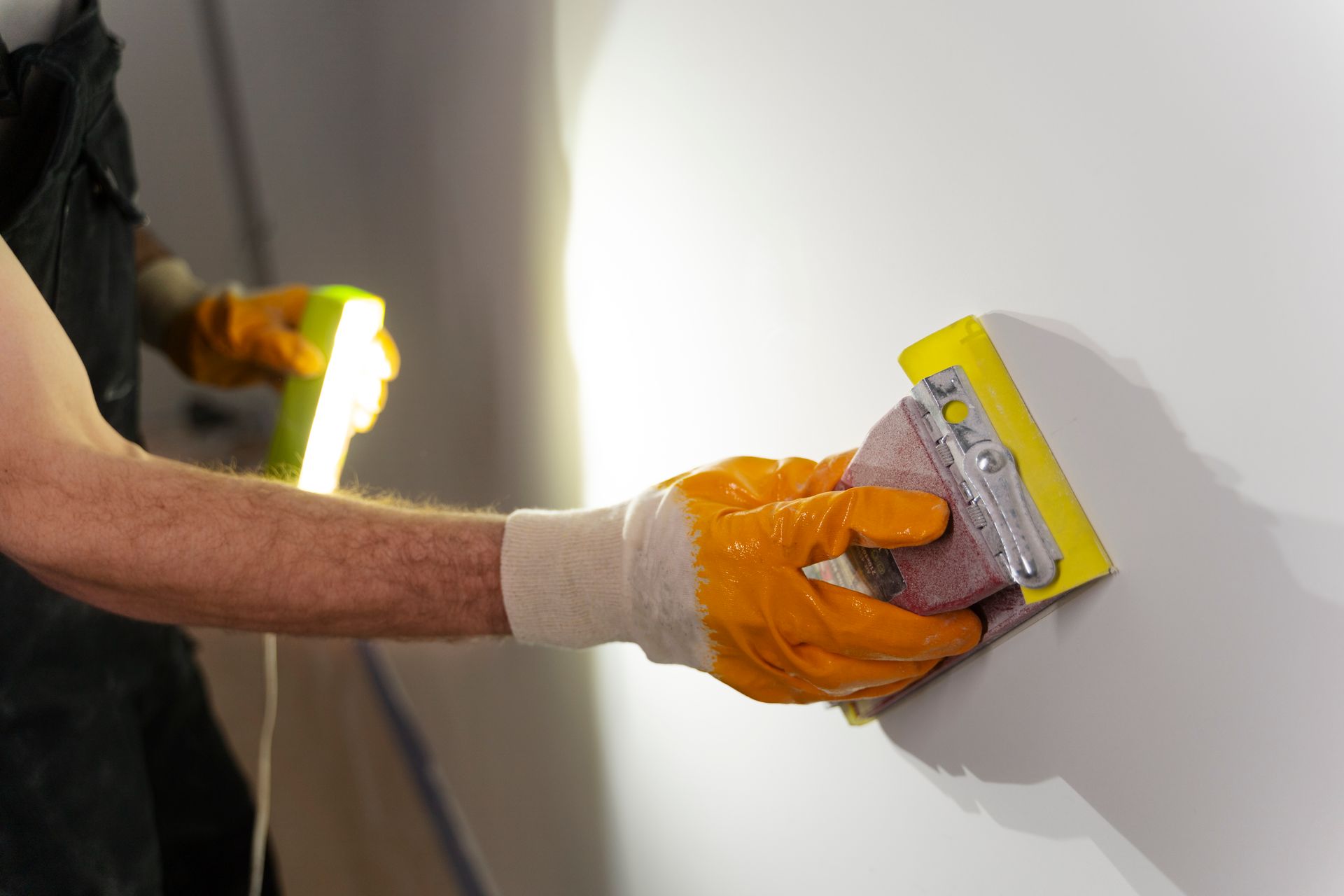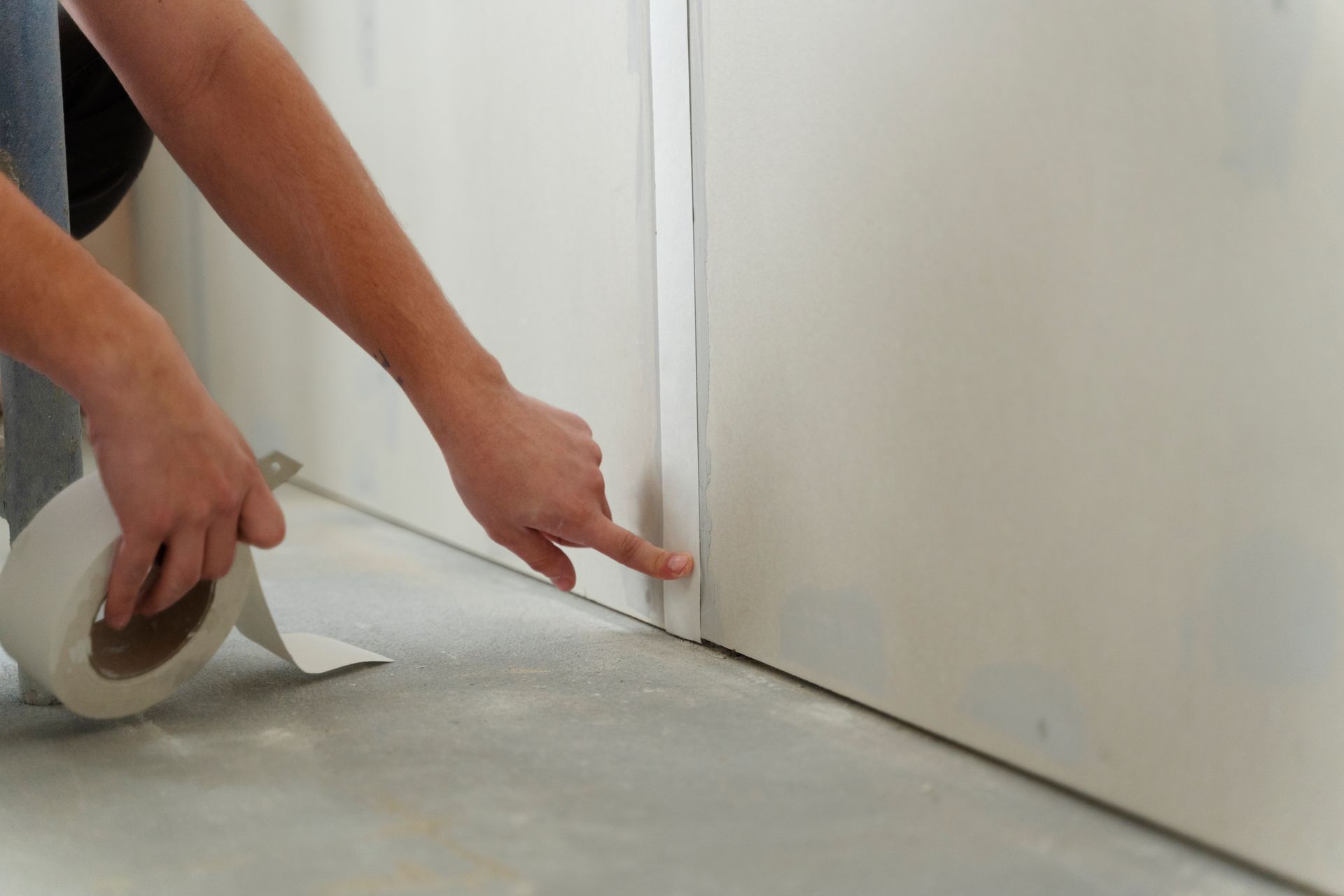Understanding the Drywall and Insulation Installation Process: From Start to Finish
A Comprehensive Guide to Perfecting Your Home's Comfort and Efficiency
The journey of constructing or renovating a home is filled with crucial decisions that impact the comfort, energy efficiency, and overall living experience. Among these, the selection and installation of drywall and insulation are pivotal.
These elements not only define the aesthetics of your interiors but also play a significant role in thermal regulation and soundproofing. In this article, we'll embark on a detailed exploration of the drywall and insulation installation process, guided by the expertise of professional drywall and insulation contractors.
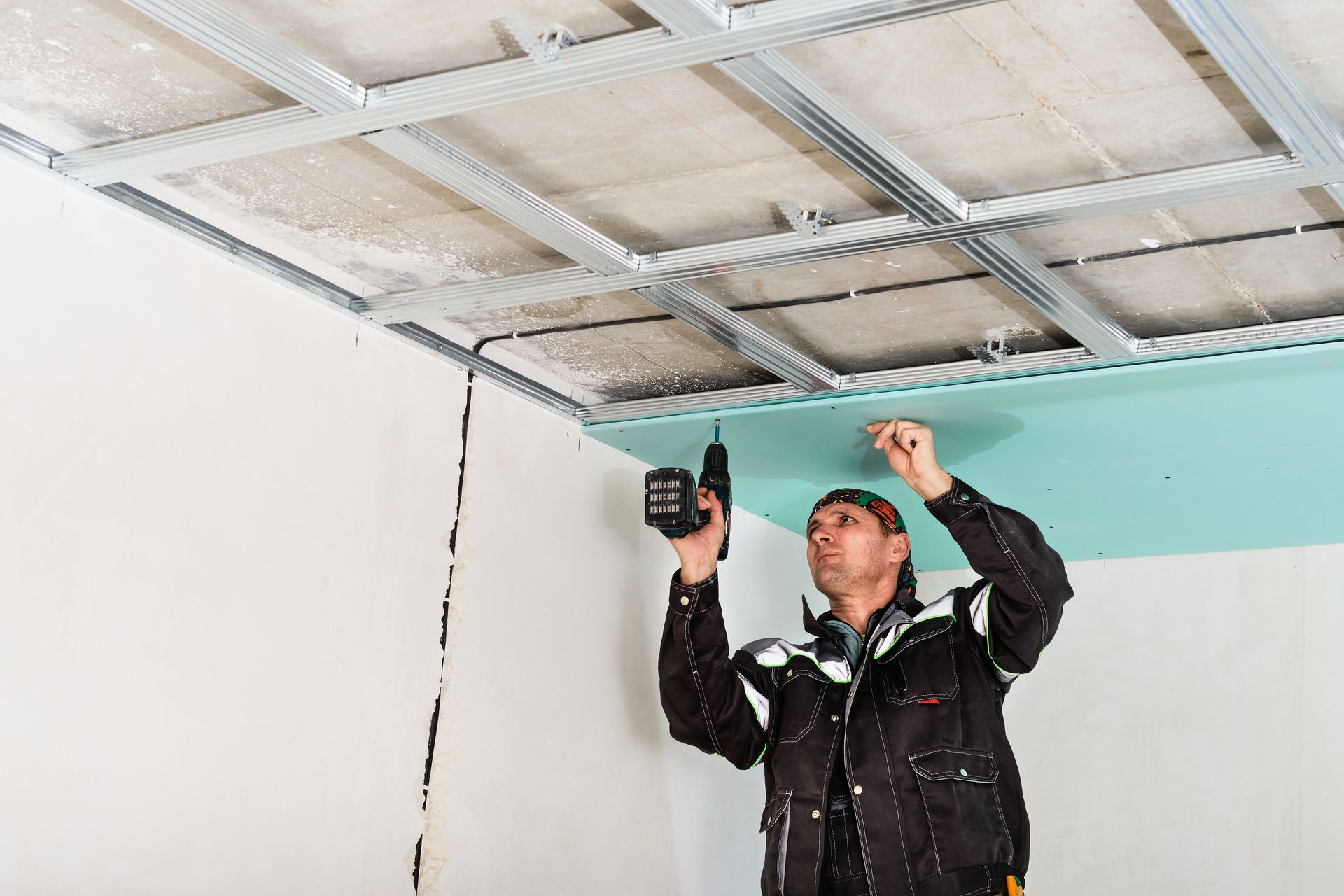
The Importance of Professional Expertise
The foundation of a successful drywall and insulation project lies in the hands of skilled contractors.
Professional drywall and insulation contractors bring invaluable experience, precision, and knowledge to the table.
They ensure that materials are installed correctly, efficiently, and in compliance with building codes, which is critical for both safety and performance.
Initial Consultation and Planning
The process begins with an initial consultation, where drywall and insulation contractors assess the scope of your project.
This stage involves discussing your needs, preferences, and the specific challenges of your space. Contractors will provide recommendations on the best materials and techniques to achieve optimal insulation and drywall performance.
This planning phase is essential for laying out the project timeline, budget, and expected outcomes.
Selection of Materials
Choosing the right materials is crucial for both drywall and insulation.
For insulation, factors like R-value (a measure of thermal resistance), the climate of the area, and the specific needs of different parts of the home are considered.
There are various insulation materials available, including fiberglass, cellulose, and foam, each with its benefits and applications.
Similarly, for drywall, there are different types to suit various needs, such as moisture-resistant drywall for bathrooms and soundproof drywall for bedrooms or offices.
The expertise of drywall and insulation contractors is invaluable in selecting the most appropriate materials for your project.
Installation of Insulation
The installation process starts with insulation. Contractors will carefully install insulation in walls, ceilings, and other necessary areas to create a barrier that maintains indoor temperature and reduces energy costs.
The process varies based on the type of insulation used; for instance, batt insulation is cut to fit and placed between studs, while spray foam insulation is applied wet and expands to fill spaces.
Drywall Installation
Following insulation, the next step is drywall installation. This involves measuring, cutting, and fitting drywall panels to the walls and ceilings, then fastening them with screws or nails.
The joints between panels are then taped and covered with joint compound, which is sanded down once dry to create a smooth, seamless surface. This stage requires a keen eye for detail and precision to ensure walls and ceilings are perfectly aligned and smooth.
Finishing Touches
The final step involves finishing touches such as painting, texturing, or applying wallpaper over the drywall. This phase transforms the construction work into a part of your home’s interior decor. Professional contractors can provide advice on finishes that complement the overall design and enhance the aesthetic appeal of your space.
Drywall and Insulation Repair
Over time, walls and insulation may require repairs due to wear and tear, moisture damage, or other factors. Drywall and insulation repair involves identifying issues, removing damaged materials, and replacing them with new ones. Professional contractors can efficiently conduct repairs, ensuring that your home remains comfortable, energy-efficient, and visually appealing.
Why Choose Professional Contractors?
Hiring professional drywall and insulation contractors ensures that your project is executed to the highest standards.
These experts are equipped with the tools, knowledge, and experience to handle any challenges that arise, delivering quality results that last. Additionally, contractors can navigate the complexities of building codes and regulations, ensuring your project is compliant and safe.
Conclusion
The drywall and insulation installation process is intricate, involving careful planning, material selection, and precise execution.
By understanding this process and entrusting your project to professional contractors, you can enhance your home’s comfort, efficiency, and beauty. Remember, the right contractors not only bring your vision to life but also contribute to the long-term value and sustainability of your home.
To further enhance your home's energy efficiency and comfort, it's essential to consider the type of insulation used in different areas. For instance, in the attic, using spray foam or loose fill insulation can effectively reduce heat loss and maintain a consistent temperature. This not only helps in controlling the climate inside your home but also plays a crucial role in minimizing energy costs.
The selection of insulation materials should be tailored to specific areas, such as basement walls, where moisture resistance is paramount. A vapor barrier can be installed alongside insulation to prevent moisture buildup, protecting the concrete structure from potential damage. For regions with high humidity, like basements or bathrooms, choosing appropriate insulation and drywall materials, such as moisture-resistant drywall, is critical to prevent issues like mold growth.
In addition to traditional materials, it's important to avoid older insulating materials that may contain asbestos, which poses serious health risks. Modern alternatives like fiberglass and plastic insulations offer safer, more efficient options.
Understanding the nuances of the North American Industry Classification System (NAICS) and the Standard Industrial Classification (SIC) codes can also help in selecting qualified contractors who are compliant with industry standards. These codes categorize businesses, ensuring they adhere to specific regulations and standards in construction and building insulation practices.
Incorporating the right insulation in various parts of your home, from the floor to the ceiling, including areas like crawl spaces and attics, ensures comprehensive thermal regulation. This holistic approach not only enhances comfort but also contributes significantly to the longevity and sustainability of your home, making it a wise investment for the future.
Ready to work with Dallas Drywall Solutions?
Let's connect! We’re here to help.
Send us a message and we’ll be in touch.
Or give us a call today at 972-362-9799

